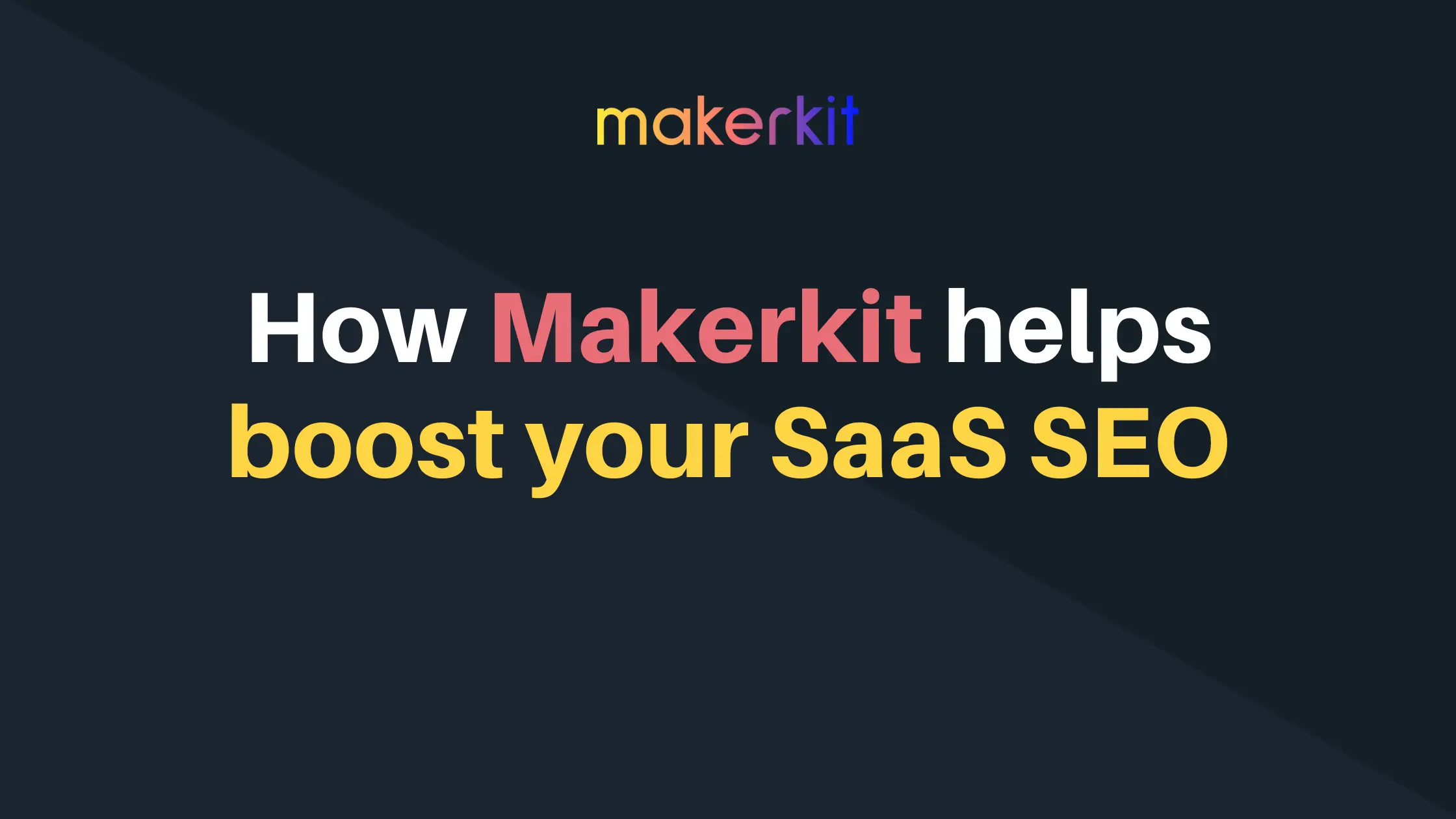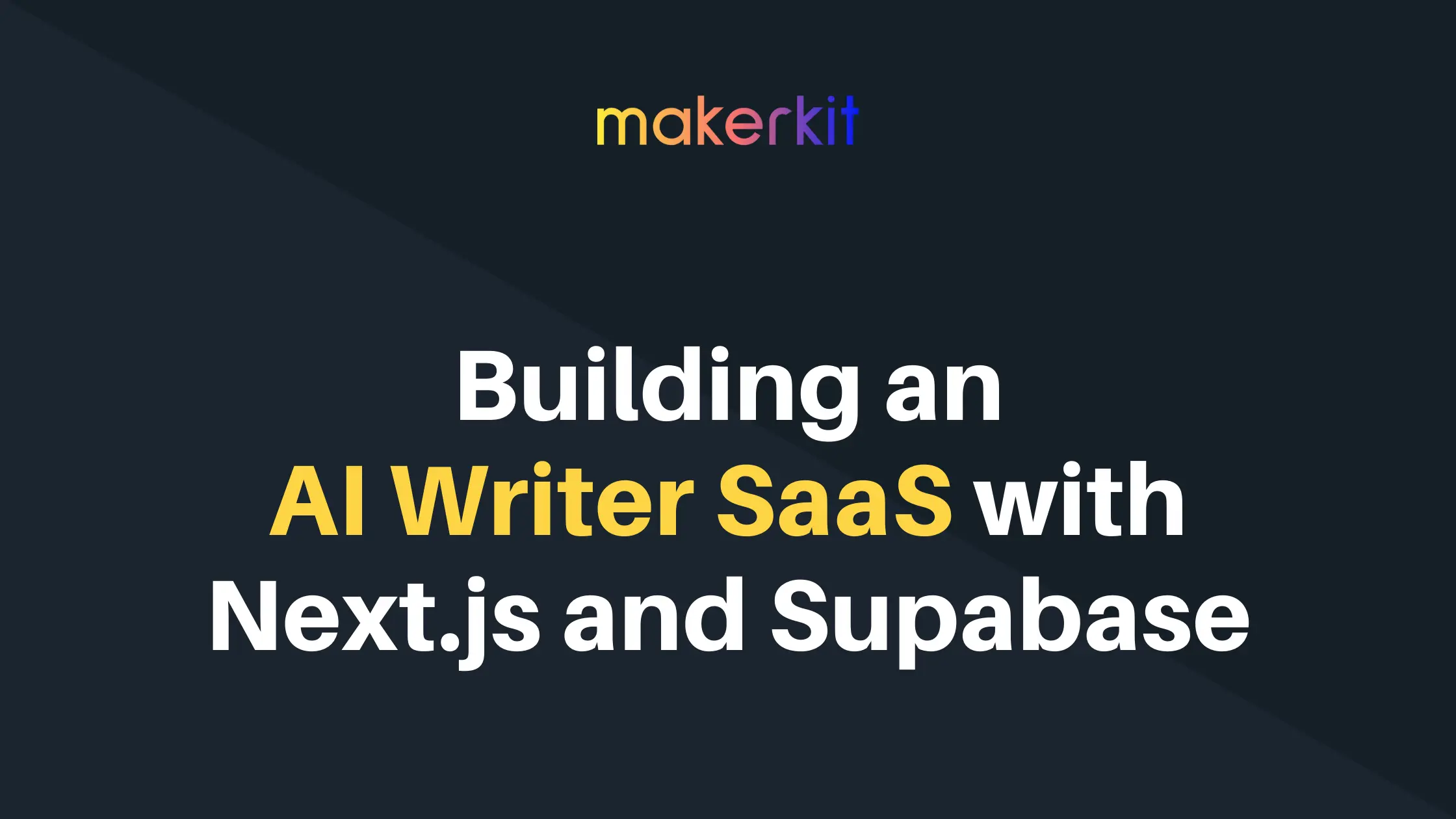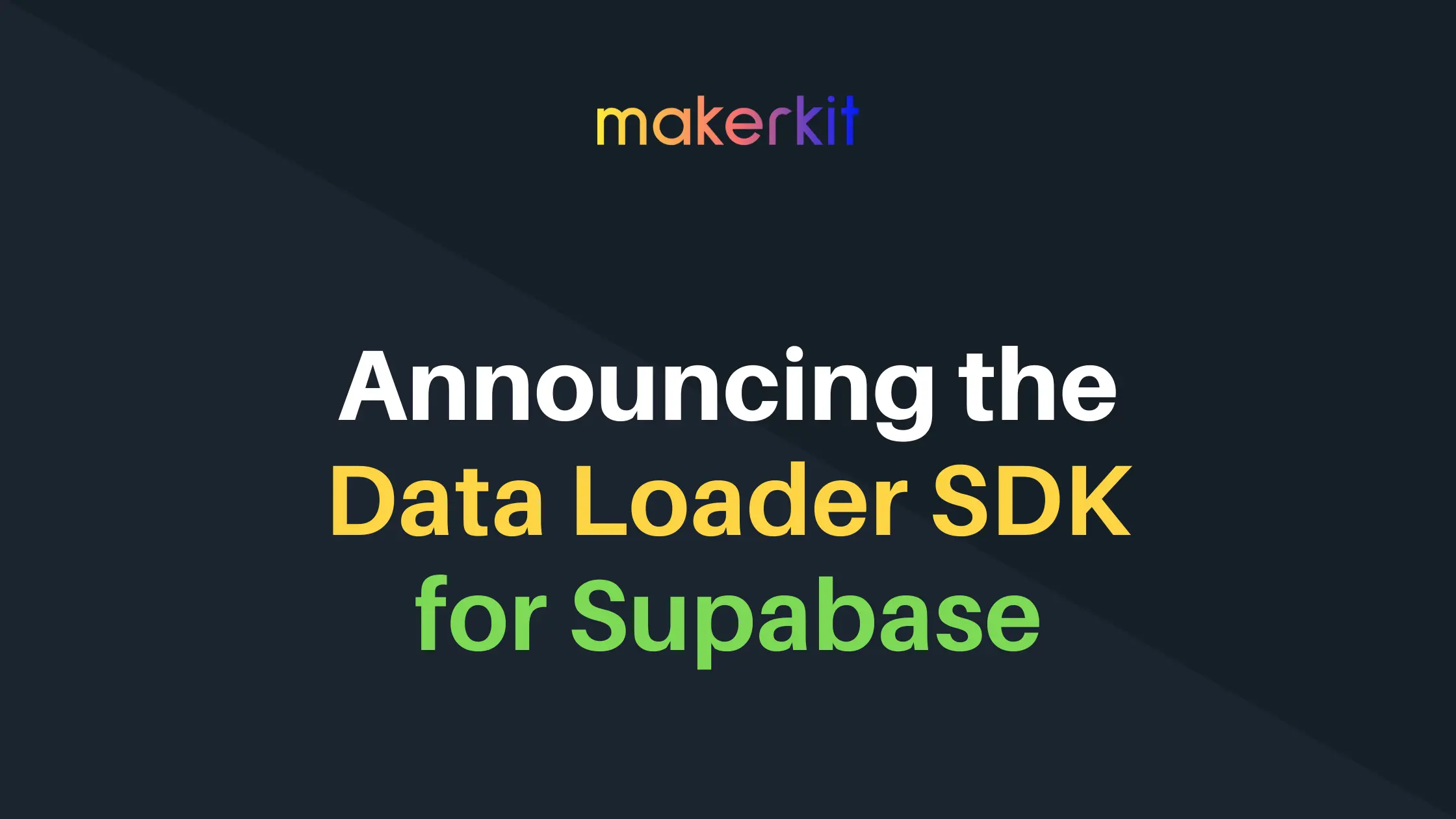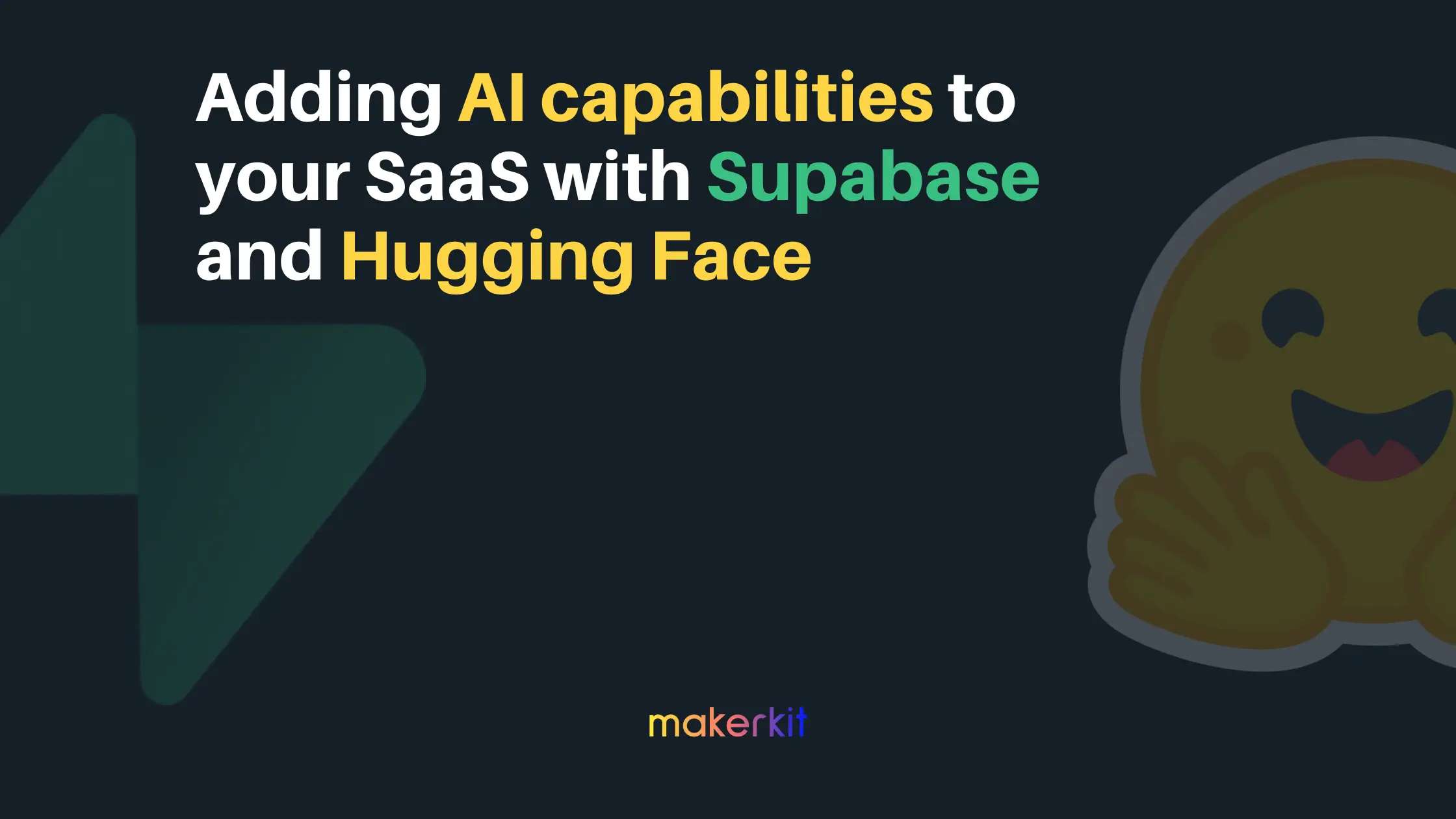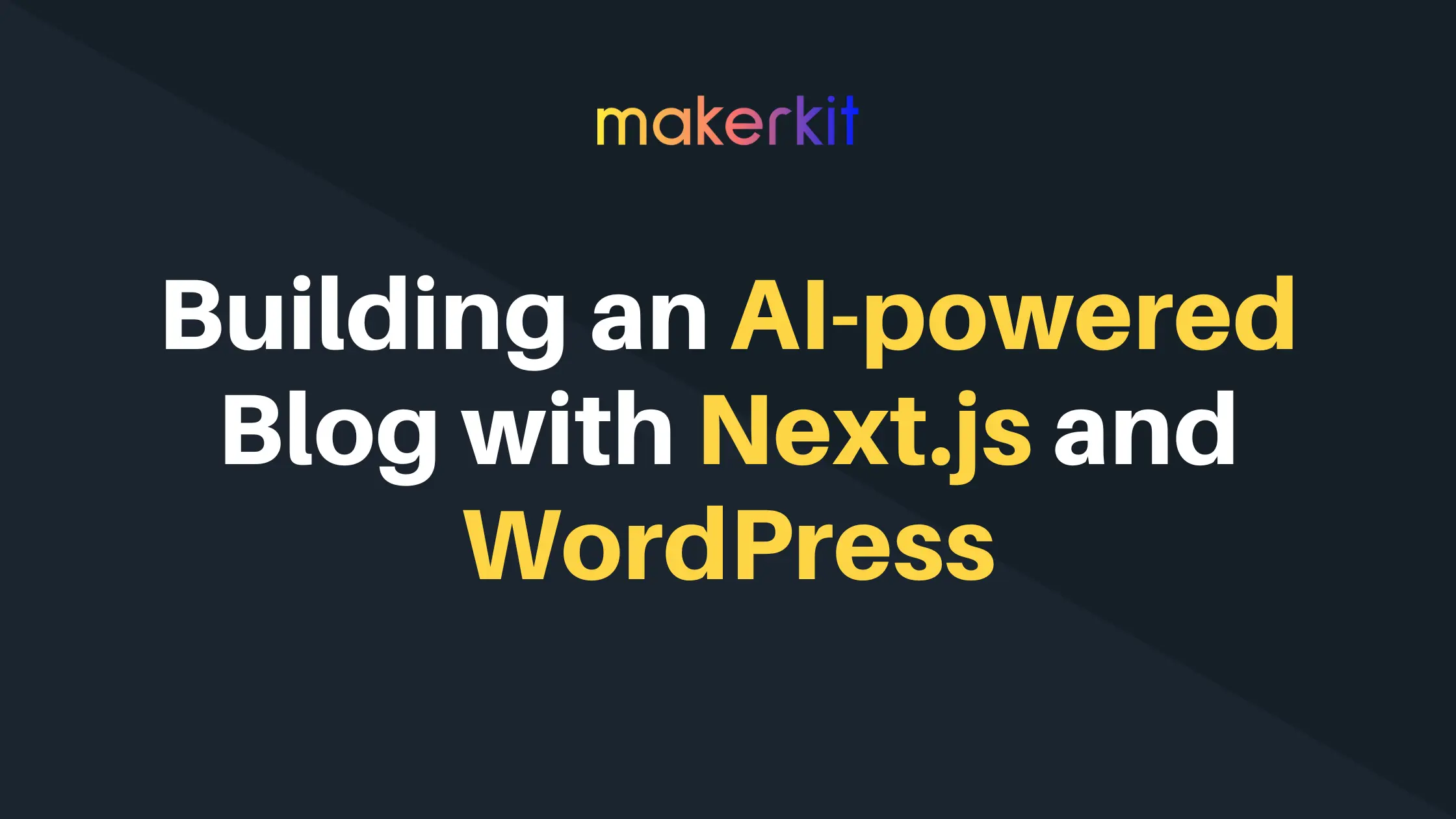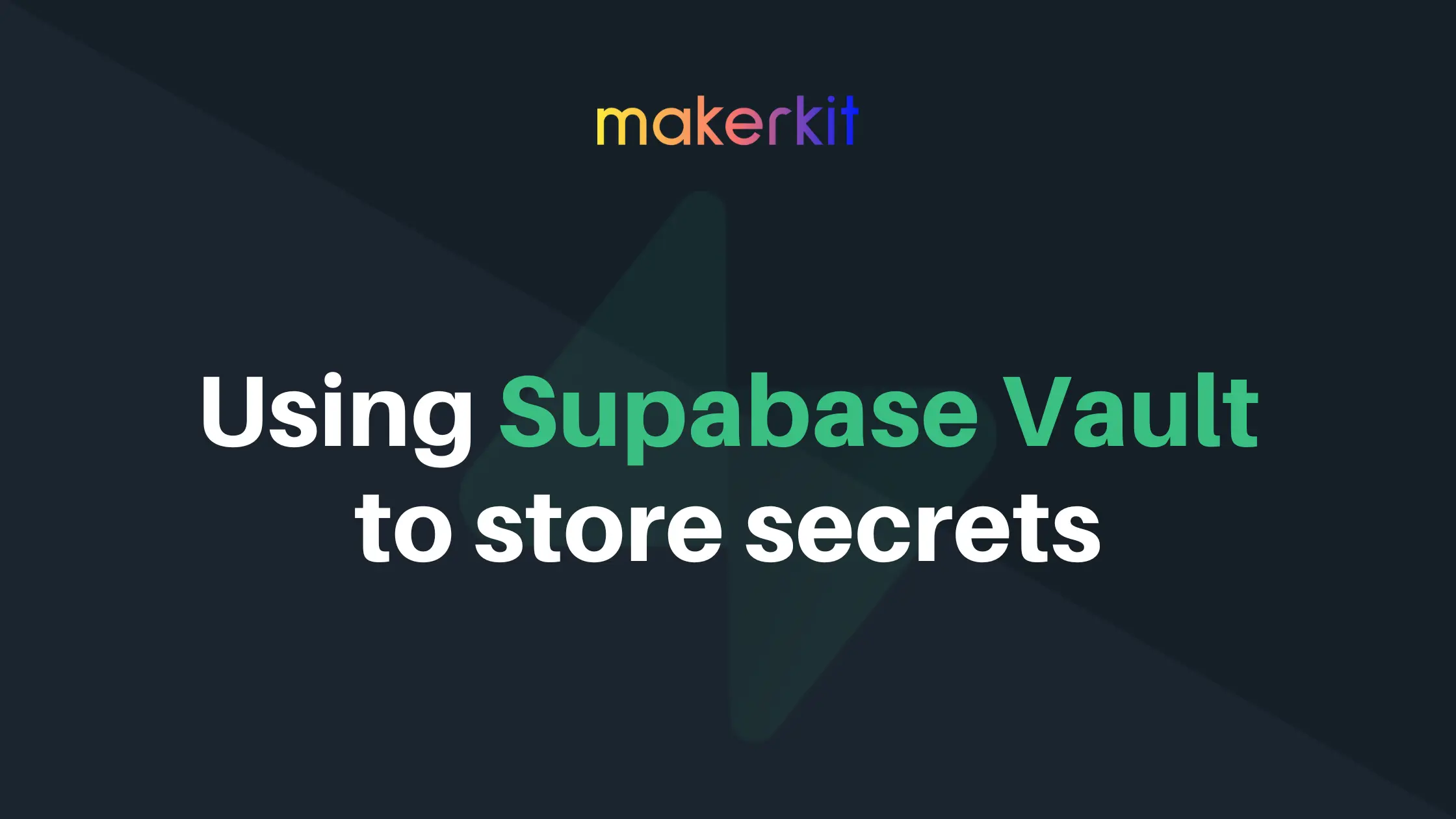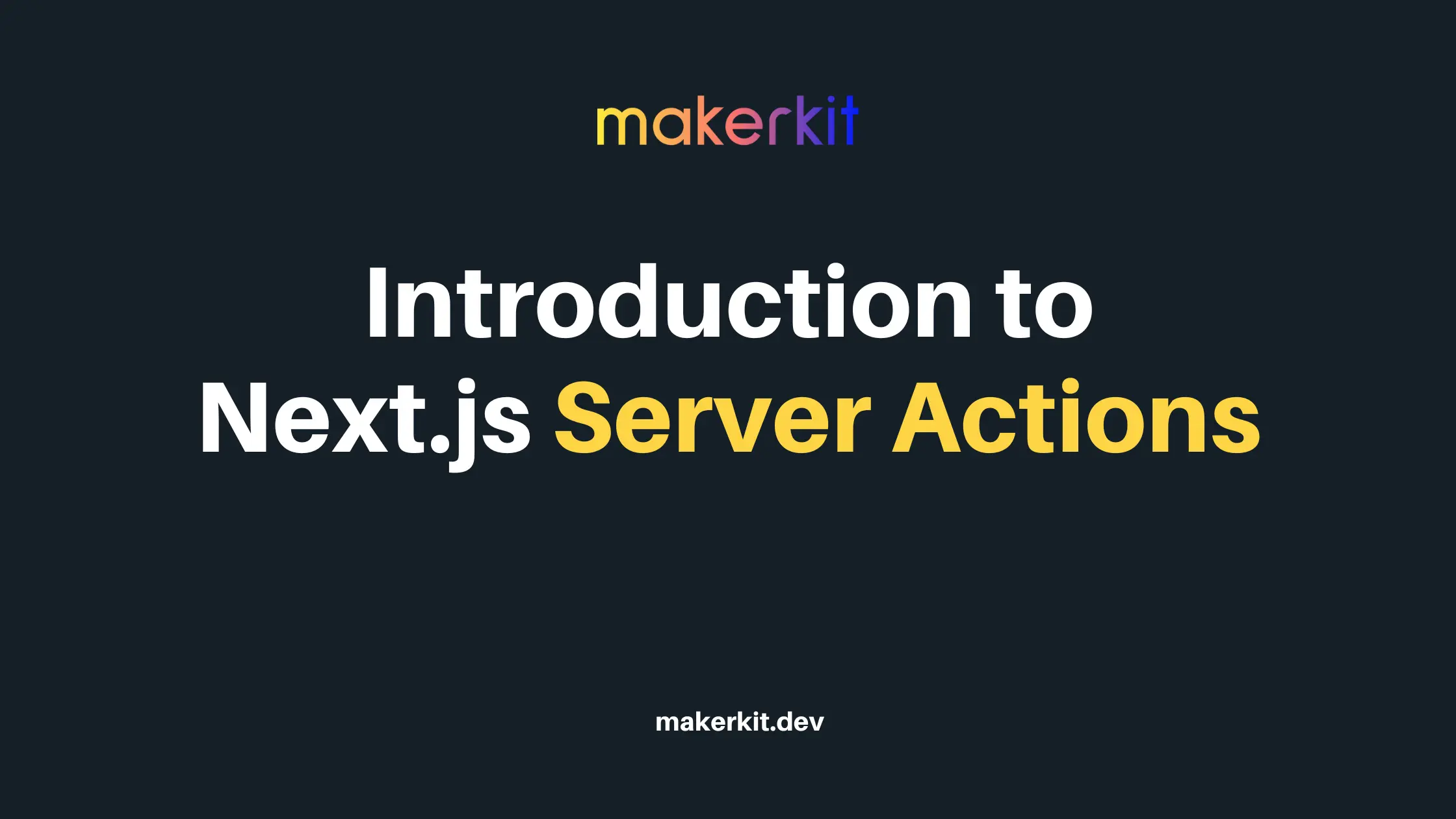What is a SaaS Boilerplate
A boilerplate is a template that you can use to kickstart your SaaS application. I created Makerkit for SaaS (Software as a Service) because I wanted to save time and energy when creating my own SaaS applications with my favorite tech stacks.
Whether that's in a month or a year, it doesn't matter: having a SaaS Boilerplate at my disposal means I can ship my ideas in a matter of days.
One of my goals when building Makerkit was to create a codebase with a lot of emphasis on SEO (Search Engine Optimization). As a result, Makerkit's kits are SEO-friendly:
- Automatic Blog and Documentation generators by building content from MDX
- Automatic Sitemap and RSS generators
- Open Graph and meta tags added by default
- FAQ page with structured data JSON support, which allows your FAQ to be a Rich Snippet in Google
- Crawl Budget optimization
Blog and Documentation on the same domain
Blog and documentation are generated using MDX content. Since this content lives in the same domain as your SaaS application, it will improve overall SEO.
This is a key differentiator for Makerkit as you don’t have to worry about switching domains or having two separate platforms for blogging and documenting.
Thanks to the statically generated content, it will be served quickly, which leads to a better user experience: as a result, Google can rank you higher than your competitors.
Automatic Sitemap and RSS Generator
The world of search engine optimization can be intimidating and confusing, but Makerkit's automatic sitemap generator makes it easy for you to stay on top of your SaaS SEO.
A sitemap is a file that lists the pages on your website and their relative importance about each other. Search engines use this information to crawl through the site more efficiently and return better search results for users.
When you build your website, Makerkit builds both your Sitemap and RSS file for you automatically. This way, your SaaS website can be easily crawled by search engines, and users can find exactly what they're looking for on your website.
Open Graph and Metadata
The Open Graph protocol lets you control how your website appears across websites when it gets embedded, including what images are used, how headlines are formatted, and what content is included or left out of posts.
The Makerkit kits will automatically add all the required Open Graph metadata to your website so that it appears correctly across the web: this will help you build a strong digital presence, increase engagement with your audience, and get more traffic to your site.
FAQ Page with Structured Data support
A FAQ page is a great way to answer common questions and help users get answers quickly. It's also one of the best ways to add structured data that can improve your search engine rankings by helping Google and other search engines better understand the information in your content.
In addition, a well-constructed FAQ page can help customers find the information they're looking for more easily by making it easy for them to navigate through all the different pages on your website.
Thanks to the Structured Data JSON, your FAQ page can appear in Google as a Rich Snippet: This allows you to show up in search results as a "Popular Answer" so that users can quickly find the information they're looking for.
This can increase your click-through rate from search engines by making it easier for customers to find exactly what they're looking for on your website.
Crawl Budget optimization
Makerkit automatically excludes the JSON files that Next.js creates by default to pre-load static content: since Google tends to crawl these files, that can hurt your crawl budget.
Makerkit's robots.txt file ignores these files and ensures that Google only crawls your HTML content.
Make your marketing job easier with Makerkit
I built MakerKit to help you build beautiful, search engine-friendly websites for founders like you to stay on top of Google’s ever-evolving algorithm without worrying about technical details.
